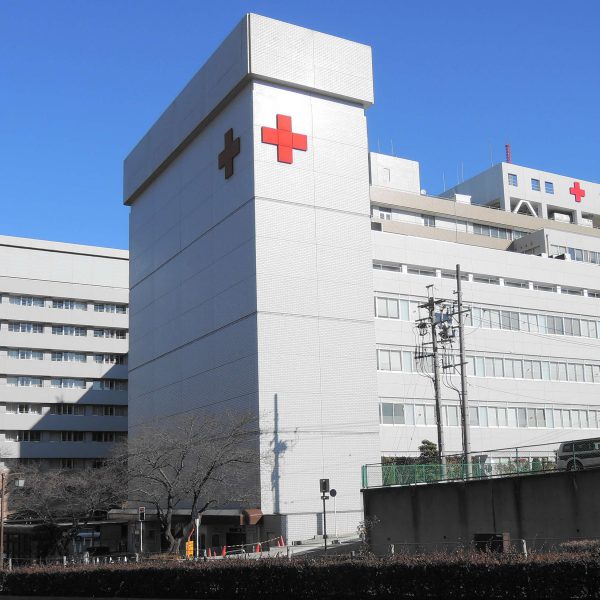Failure to perform infection prevention and control program protocols causing over 3,000 patients to be at risk for exposure to serious HIV and hepatitis infections may result in the submission of false claims due to providing substandard quality of care
Compliance Perspective – HIV and Hepatitis
Policies/Procedures: The Compliance and Ethics Officer with the Nurse Infection Preventionist will review policies and procedures involving infection prevention and control.
Training: The Compliance and Ethics Officer with the Nurse Infection Preventionist will ensure that staff are trained in the performance of infection control protocols specific to the cleaning of instruments, equipment, and injection of medications.
Audit: The Compliance and Ethics Officer with the Nurse Infection Preventionist should personally conduct periodic audits to test staff proficiency in applying infection control protocols regarding the cleaning of instrument,equipment, and injection of medications.

Due to deficiencies in a healthcare provider’s infection control practices, between January 2018 and September 2018, the New Jersey Department of Health recently reported that more than 3,000 patients who had surgical procedures performed in the surgery center may have been exposed to HIV, hepatitis B, and hepatitis C.
The surgery center administrator said that the deficiencies in infection control involved the cleaning of instruments and injection of medications.
The health department indicated that no illnesses have been reported and the risk of infection is low. Exercising what the health department called “an abundance of caution,” the surgery center is encouraging 3,778 patients to have their blood tested and is offering to pay the medical costs associated with the testing.












































































